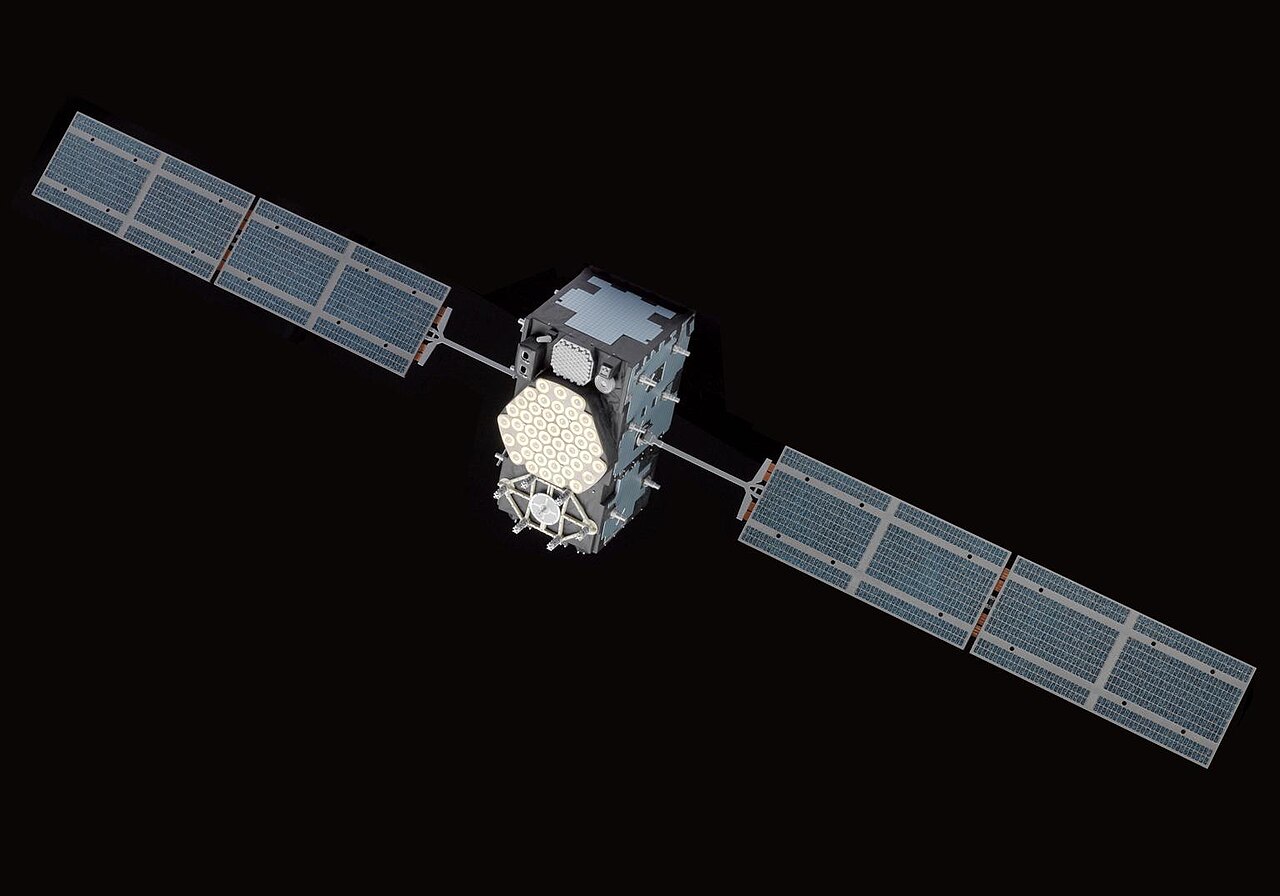Starliner Calypso Poised To Become NASA’s Second Certified Crew Vehicle Design

NASA’s Commercial Crew program will take a big step forward on Monday, May 6th with the launch of the Boeing Starliner Calypso’s Crewed Flight Test (CFT-100). Scheduled for a 10:34 PM EDT liftoff, Starliner Calypso will carry its first-ever crew to the ISS on an important test flight. (The spacecraft was named in honor of the research vessel Calypso, used by famed oceanographer Jacques Cousteau from 1950-1996.)


























